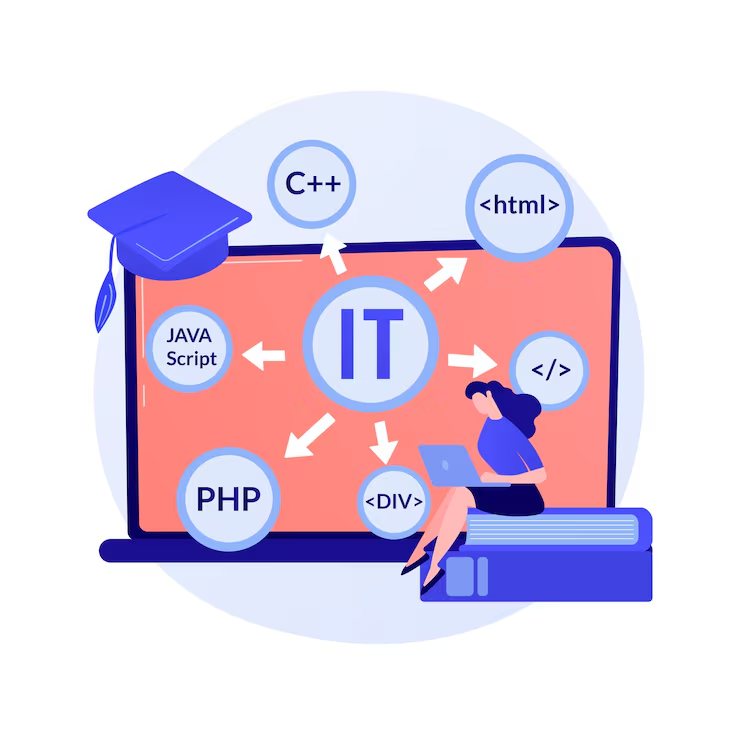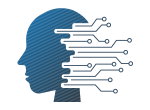Imagine trying to enter a neighbouring kingdom. You don’t simply walk through the gate. Instead, a messenger is sent ahead to ask: Who are you? What do you want? What tools are you carrying?
Only after the neighbouring kingdom evaluates the messenger’s questions does it decide whether to let you pass.
This negotiation mirrors how CORS preflight requests work. Before a browser makes a sensitive cross-origin request, it sends an OPTIONS request to a diplomatic messenger to verify whether the server is willing to accept the incoming request.
Why Browsers Need Permission Before Acting
Cross-origin communication is essential for modern web applications APIs, microservices, front-end apps, and third-party integrations all routinely talk across domains. But without any safeguards, malicious sites could send unauthorized requests disguised as legitimate traffic.
Students exploring web security fundamentals during full stack java developer training quickly learn that browsers enforce a strict same-origin policy by default. CORS (Cross-Origin Resource Sharing) provides controlled relaxation of this policy but only after a structured negotiation.
The preflight process ensures that cross-site requests happen safely, preventing attackers from exploiting user credentials or sensitive APIs through hidden requests.
What Triggers a CORS Preflight?
Browsers send a preflight OPTIONS request when certain conditions signal risk. These include:
1. Non-Simple Requests
Requests using methods other than:
- GET
- POST
- HEAD
2. Custom Headers
If the request contains headers like:
- Authorization
- X-Custom-Token
- Content-Type: application/json
3. Non-Simple Content Types
Requests with JSON payloads or file uploads often trigger preflights.
The goal is simple: before sending potentially dangerous data, the browser checks whether the server consents to both the method and the headers.
How the Preflight OPTIONS Request Works
A preflight request is lightweight. It contains only metadata describing the upcoming request.
Example Preflight Request
OPTIONS /api/data HTTP/1.1
Origin: https://client-site.com
Access-Control-Request-Method: POST
Access-Control-Request-Headers: Authorization, Content-Type
Here, the browser asks:
- Is POST allowed?
- Can I send these headers?
- Is this origin permitte
Server Response
Access-Control-Allow-Origin: https://client-site.com
Access-Control-Allow-Methods: POST, GET
Access-Control-Allow-Headers: Authorization, Content-Type
Access-Control-Max-Age: 600
If the server agrees, the browser proceeds with the actual request.
Why This Matters
The preflight acts as a protective handshake. Without approval, the browser cancels the real request entirely.
This ensures that sensitive endpoints cannot be accessed silently through forged cross-origin calls a foundational security measure.
The Diplomacy of Cross-Origin Negotiation
We can think of the browser, server, and user as three kingdoms negotiating treaties.
The Browser: The Gatekeeper
Its priority is user safety.
It refuses to send sensitive requests unless the server explicitly allows them.
The Server: The Sovereign
It determines which foreign domains can access which resources.
Its CORS headers form the laws governing cross-origin traffic.
The Preflight as the Messenger
It ensures both kingdoms agree to the rules before allowing any commerce.
Professionals deepening their architectural understanding in a full stack course often examine how CORS settings differ between monolithic backends, microservices, and globally distributed APIs.
Common Security Risks Without Preflight
If browsers did not enforce preflight checks, attackers could exploit cross-origin behaviour to:
1. Send Unauthorized PUT or DELETE Requests
Imagine a malware site deleting your cloud data using your authenticated session.
2. Abuse Authorization Headers
Attackers could steal or misuse API keys.
3. Manipulate JSON-Based APIs
Modern APIs depend heavily on JSON; allowing unchecked JSON POSTs would be fatal.
4. Trigger CSRF-like Behaviour Across Domains
Attackers could perform hidden state-changing actions on a victim’s behalf.
Preflight checks serve as roadblocks preventing such silent, high-impact attacks.
Configuring CORS Correctly: A Developer’s Biggest Responsibility
Misconfiguring CORS headers is one of the most common security flaws in modern applications.
1. Tighten Allowed Origins
Never use Access-Control-Allow-Origin: * when dealing with authenticated requests.
2. Restrict Methods
Only allow the methods required avoid broad permissions like:
Access-Control-Allow-Methods: *
3. Limit Allowed Headers
Expose only those necessary for the application.
4. Use Access-Control-Max-Age Wisely
Caching preflight responses reduces overhead but must be balanced with security needs.
5. Avoid Overexposing Credentials
Only allow credentialed requests when absolutely necessary:
Access-Control-Allow-Credentials: true
6. Document All Cross-Origin Flows
Unknown CORS paths can become open doors for attackers.
Performance Considerations: When Preflight Feels Slow
Preflight requests add latency because they happen before the actual request.
Developers often optimize by:
- Avoiding unnecessary custom headers
- Using simple content types
- Caching preflight respons
- Rewriting APIs to reduce cross-origin complexity
But optimizations should never compromise the core purpose security.
Conclusion: Preflight Requests Are Silent Protectors
CORS preflight requests play a crucial role in modern web security. By forcing browsers to “ask permission” before sending sensitive data, they prevent silent cross-origin attacks, protect authenticated sessions, and ensure that communication between domains happens under strict rules.
Learners beginning their security journey through full stack java developer training appreciate how browsers enforce these rules automatically. Meanwhile, those advancing through a full stack course grasp how proper CORS configuration shapes the integrity of distributed applications.
In a world where cross-origin requests are both necessary and risky, the preflight OPTIONS request stands as a vigilant messenger ensuring every cross-border exchange happens only with clear intent, mutual consent, and strong safeguards.
Business Name: ExcelR – Full Stack Developer And Business Analyst Course in Bangalore
Address: 10, 3rd floor, Safeway Plaza, 27th Main Rd, Old Madiwala, Jay Bheema Nagar, 1st Stage, BTM 1st Stage, Bengaluru, Karnataka 560068
Phone: 7353006061
Business Email: [email protected]









